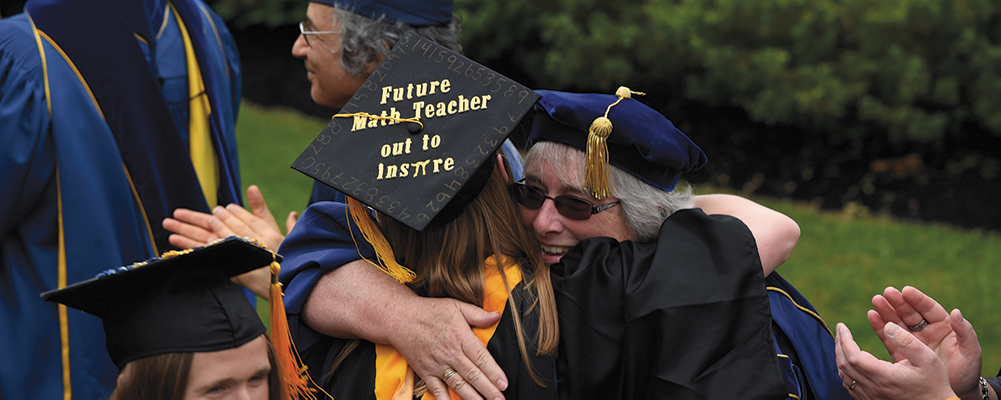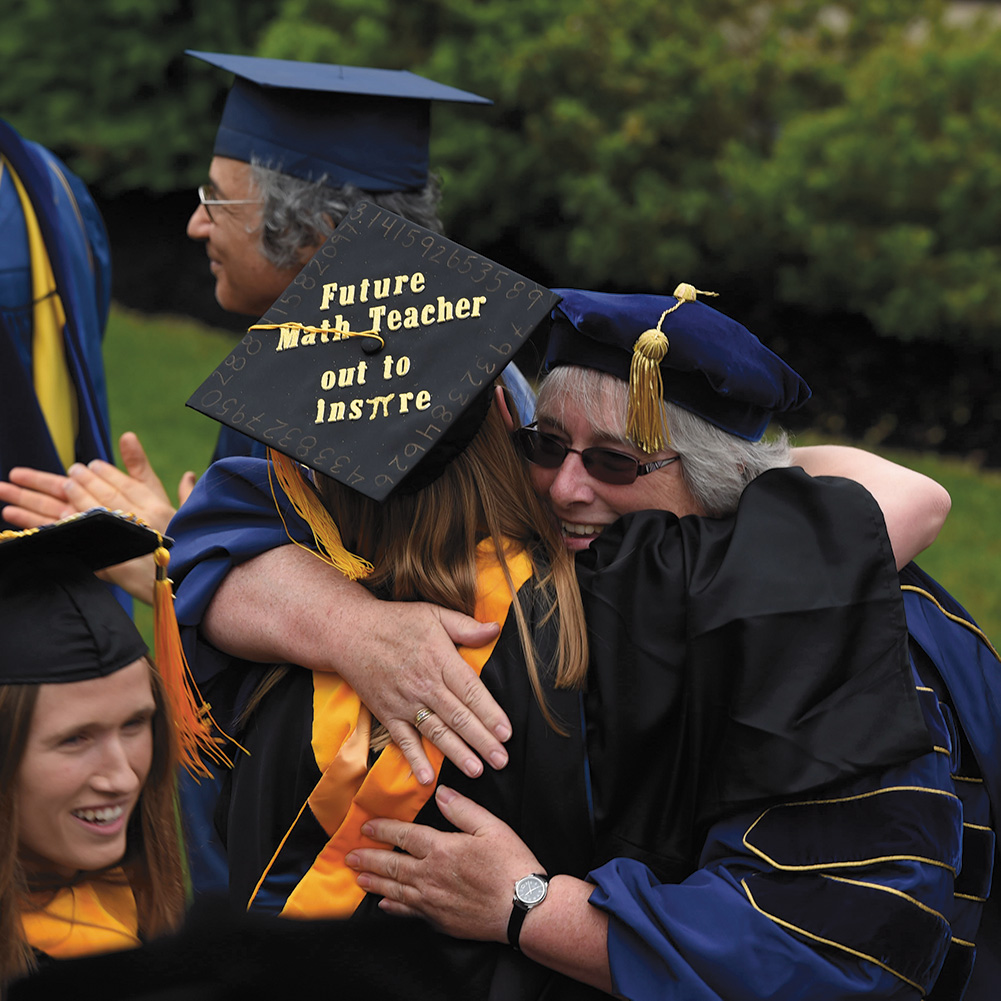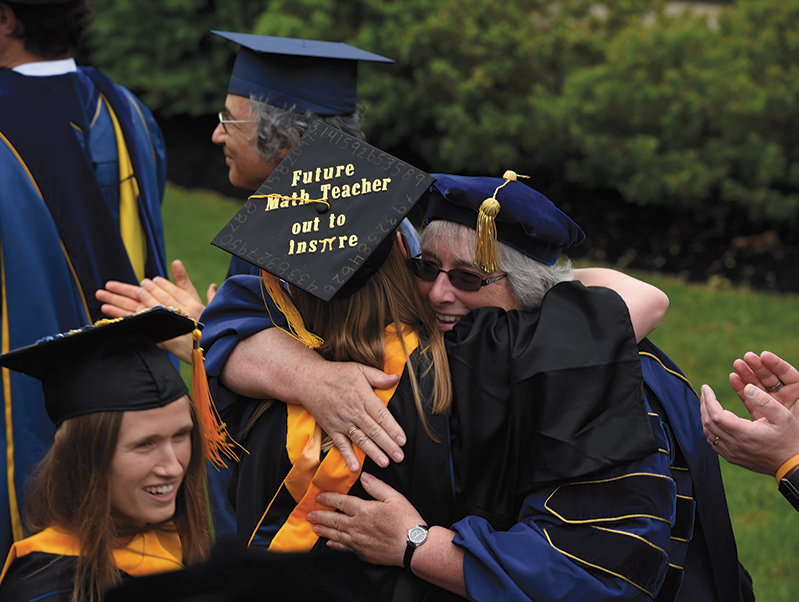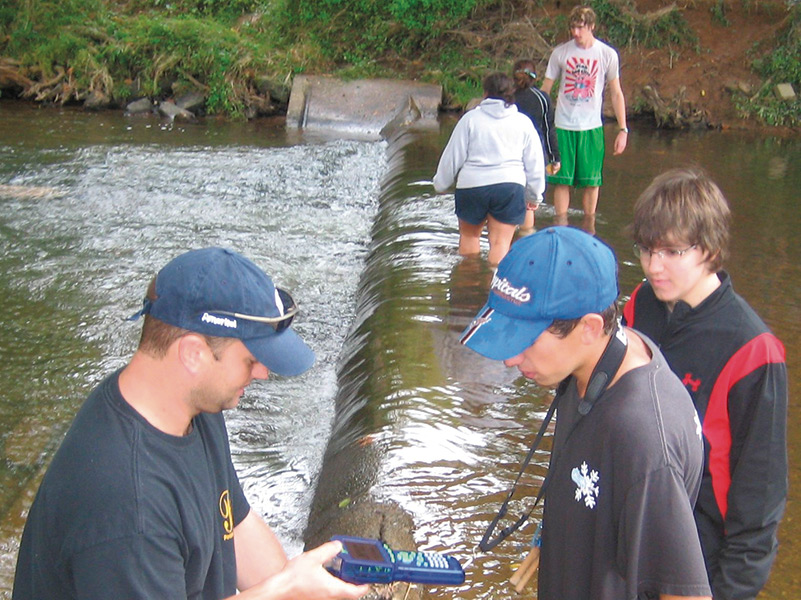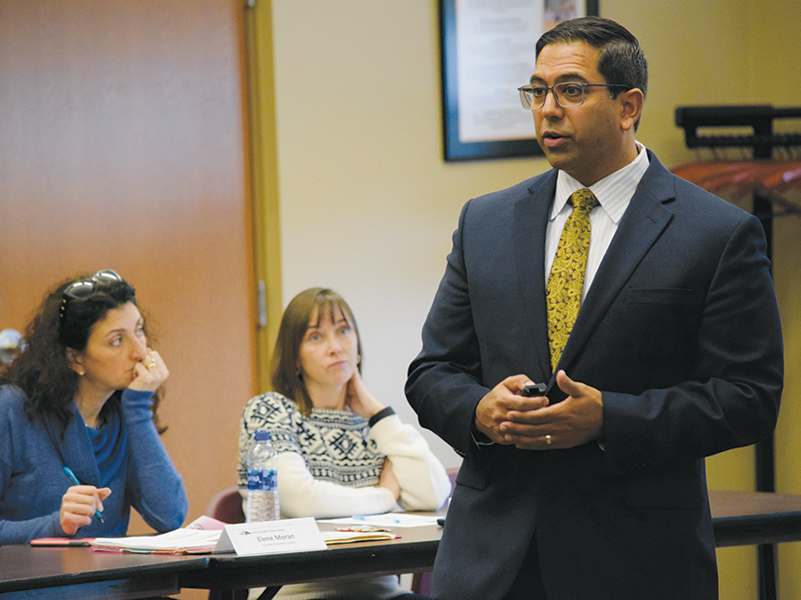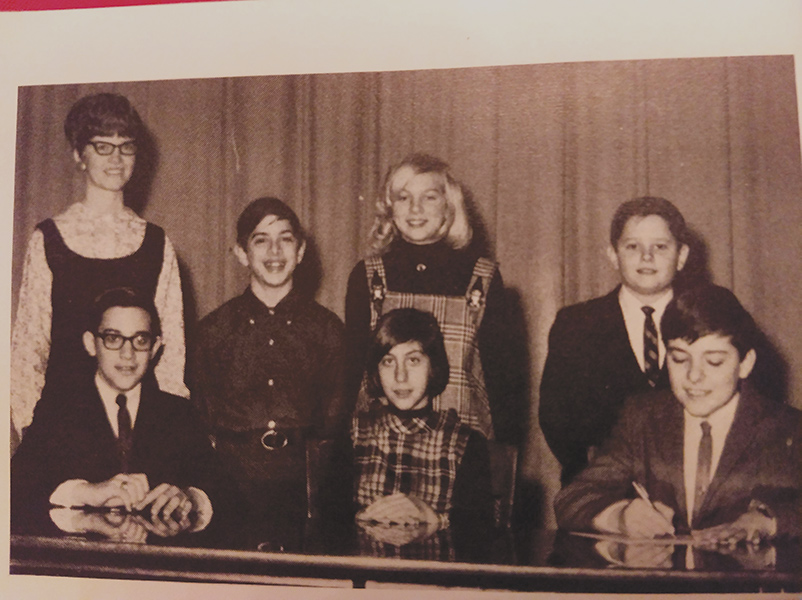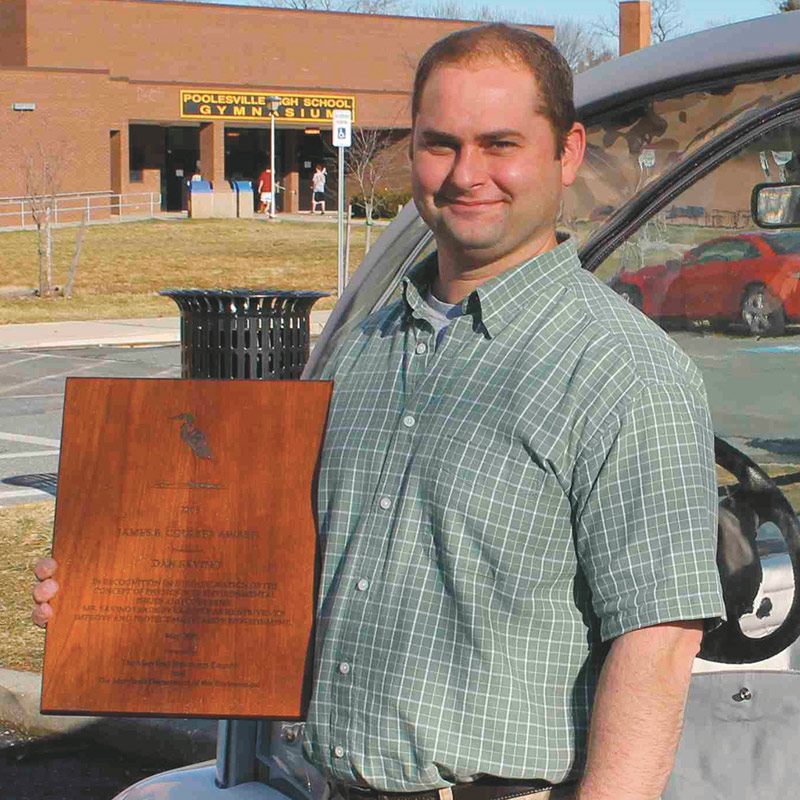“When I got this job, I can’t tell you how many emails I got with pictures of that superintendent from The Simpsons,” recalls David Christopher ’96, assistant superintendent of the North Allegheny School District.
But, when you ask an aspiring teacher what they envision for themselves, negative caricatures fall short. They dream about being Matilda’s Miss Honey or Robin Williams in Dead Poets Society—an educator who sweetly and staunchly supports their students not only through school but through life. Future educators want to be intelligent, practiced, and caring role models who are encouraging and shaping the future—the types of educators that Juniata creates.
Programs of Emphasis (POEs) in education as a whole are among the most popular. In the past five years, more than 130 graduates have had a POE that included education, and 10 percent of incoming students cited an interest in education in 2017.
“The bottom line is, the way Juniata College does education just works,” says Dan Savino ’00, a high school physics teacher in Maryland.
“What makes our department so unique is that it has prepared teachers to work with students in a manner that supports the specific needs of all children,” adds Sarah Jane DeHaas, Martin G. Brumbaugh Professor of Education. “Our students are in practicum throughout their four years, and they receive a lot of guidance and feedback from our faculty.”
Juniata graduates teachers who have the classroom experience, respect for students, and well-rounded knowledge to ensure that their students succeed—in the classroom and beyond. So, what about an education in education does Juniata get so right?
“The bottom line is, the way Juniata College does education just works.”Dan Savino ’00 PHYSICS TEACHER, POOLESVILLE, MD.
A signature aspect of Juniata’s education program is the extensive classroom exposure that students get, starting as early as their first semester. Christopher estimates that he has had the opportunity to interview more than 1,000 prospective teachers, and he says the key to being successful in a classroom is “practicum experience, done early on.” Whereas Christopher remembers his enthusiasm for teaching being affirmed in his first year at Juniata, he finds that graduates from other colleges are seniors before realizing for the first time what it’s like to work in a classroom.
“My experiences at Juniata gave me even more experience than it looks like on paper,” says Jason Robinson ’08, who teaches at the University of Northern Colorado. Robinson, who switched from elementary to secondary education because of his practicum experiences, attributes his K-12 field work at Juniata—where education students take on several classroom placements and connect with various types of students— with his success.
“The most significant part of my education was the modeling that my Juniata professors presented to me. On top of learning science and math and reading, it was all the professors being such people of character that showed me what was important.”Marion Oliver ’64 ENGLISH TEACHER (RET.), MIDDLESEX, N.J.
Experience is also a secret to the success of Marion (Kercher) Oliver ’64, a retired middle school English teacher.
“I was in student government and chaired women’s government,” says Oliver of her Juniata campus experience. “These experiences enabled me to have confidence, make decisions, and be willing to express informed opinions.”
During her 25 years teaching preschool, elementary, and middle school, Oliver completed a master’s degree in curriculum and instruction from Kean University and was one of the first teachers in her school district to receive the New Jersey Governor’s Outstanding Teacher Award.
Oliver says that her experiences at Juniata taught her about people.
“The most significant part of my education was the modeling that my Juniata professors presented to me,” Oliver says. “On top of learning science and math and reading, it was all the professors being such people of character that showed me what was important.”
Over the course of her career, Oliver noticed a difference between teachers from Juniata and those from other colleges and universities.
“I would see some of my colleagues who wouldn’t demand respect for each child, and that was sad to me,” Oliver recalls. “Juniata made me feel more responsible. Having equal respect for every single person is important, and I give credit to Juniata for showing me that respect for every individual is essential.”
Even now, as she goes out shopping or to eat at restaurants, Oliver regularly finds former students approaching to give thank yous or share fond memories.
Oliver made sure that the open-mindedness she learned from her overall Juniata experience was something that her students, even at their young ages, were exposed to as well. “I felt it was my responsibility to help my students to think. It was important to me to make situations where they could question things, and not just accept what they were being told.”
Savino, who teaches physics in the Global Ecology Studies Program at Poolesville High School in Montgomery County, Maryland, tries to show his students the connections between science and other subjects.
“The program is a field-based, outdoor program with a heavy emphasis on the sciences, but it’s also paired with history, too,” Savino says. He credits his wide-ranging undergraduate studies at Juniata with giving him the confidence that he needs to teach a course which asks its students, and therefore its teacher, to incorporate a little bit of everything.
“At Juniata, I had to take courses in religion, art, and literature—courses outside of my physics studies,” Savino says. “Now, when my students and I are in the field at a local state park doing research, I recognize if the content we’re doing lends itself to a quote from Henry David Thoreau. Here, even though I am the physics teacher, the prompt my students will get for their journal today will be a quote from Thoreau.”
The wide range of classes Robinson took at Juniata have allowed him to become a jack-of-all-trades in the world of education, which enabled him to personalize the education of many of his students. His classrooms at the primary and secondary education levels were filled with non-traditional learners, “students with individualized education plans due to behavior, and segregated students that were taught on a case-by-case basis. I would have all different needs—one for science, a few for math, maybe a few for social studies—each day.” So, Robinson set out to prove his well-roundedness and passed his certification tests in elementary and special education, social studies, science, math, and English. And then a principal’s certification, just in case. Now, he has his doctoral degree and teaches an undergraduate course in Behavior Management and Applied Behavior Analysis at the graduate level.
“I never would have passed all of those tests without the requirements at Juniata,” Robinson says. “When I began teaching, I soon found that I could help my students with anything they were struggling with.”
Between classes designed to stimulate a thirst for knowledge and broaden minds in every direction, extensive time spent in classrooms gaining practical experience, and an open and inviting cast of faculty members who truly care about their students’ places in the world, the future educators who pass through Juniata’s classrooms are being given every advantage they could hope to enjoy. Generations of the College’s education alumni attest that no matter the perceptions of pop culture, Juniata educators know why and how they teach.
“Teaching is not for the faint of heart,” Savino concludes. “Some teachers think they just need to impress the kids with their own intelligence. Instead, they should be working to help the kids see what they, the students, can do. Getting a kid to say, ‘I think I can’ or ‘I think I will’...that’s what teaching is all about.”
